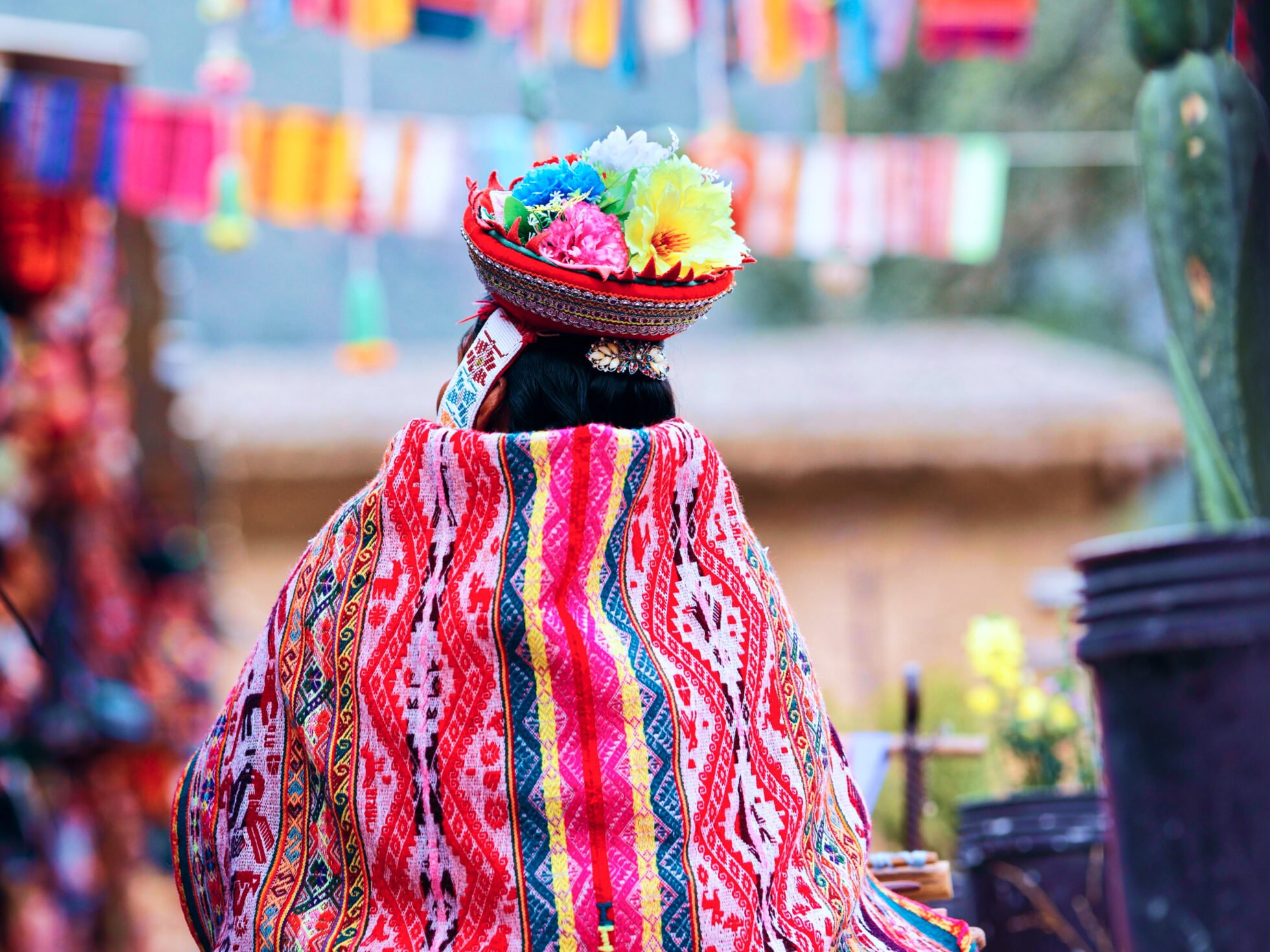The project
Community-led empowerment for women in Cusco
Journey to the historic city of Cusco and join afternoon skill-building initiatives that support women’s economic independence. Work alongside local partners to facilitate literacy workshops and traditional craft sessions, while having your mornings free to experience the rich culture of this historic mountain city. Your contribution enhances locally-developed programs that strengthen confidence and create new opportunities for women in the community....What’s Included
What's not included
Flights and airport taxes, medical and travel insurance, visa costs, and police or background checks are not covered in the program fee. Participants will need to budget for personal expenses such as toiletries, additional drinks, and gratuities, as well as any extra local excursions they wish to enjoy during their free time. Meals are not included, allowing you the freedom to experience Cusco’s incredible culinary scene and savour local dishes like lomo saltado or aji de gallina. Finally, airport transfers upon departure and optional virtual Spanish lessons are also excluded, so you’ll need to make arrangements for these in advance.
Your accommodation
Welcome to your home in Cusco, where you’ll stay in a shared apartment set up for relaxation and connection. This thoughtfully planned space features comfortable bedrooms, a fully equipped kitchen to cook your favourite meals, and communal areas perfect for connecting with fellow changemakers after a rewarding day of project work.
With reliable Wi-Fi, you can easily stay connected to family or share your incredible experiences. The apartments are equipped with outlets compatible with Type A and Type C plugs. Remember, Peru’s standard voltage is 220V, so a converter may be needed for 110V devices. On-site laundry facilities make extended stays hassle-free.
Want to enhance your experience? Upgrades to private rooms are available, offering an extra level of comfort and privacy. Whether you’re sharing stories in the common areas or enjoying a peaceful retreat, this accommodation ensures a warm and welcoming base for your journey in Cusco.









































